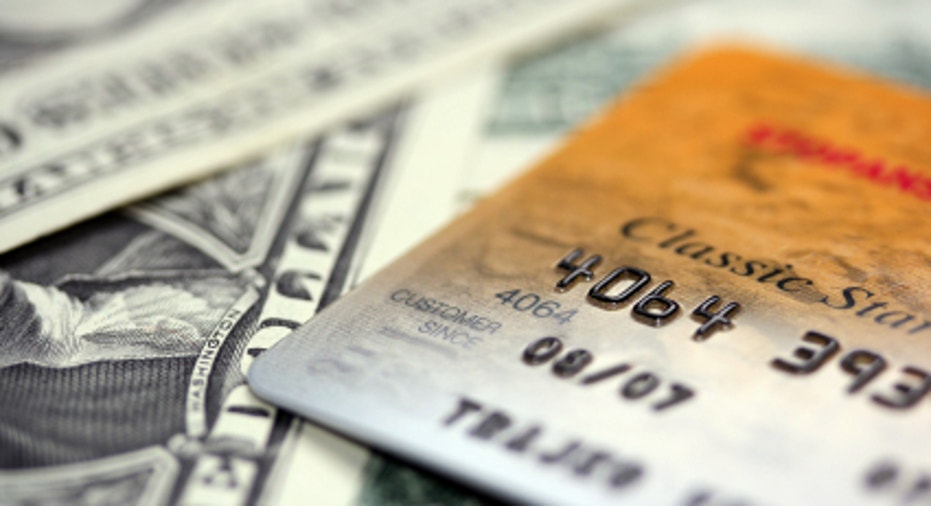When Parents Die in Debt, can you Keep it a Secret?

Dear To Her Credit,
I read your article about who has to pay credit card debt when someone dies, and I have a question: Why do you have to tell the credit card company that the person died? Why even go to probate or have an "estate"?
When my dad dies, I am not planning on doing probate or anything like that. I got his ATM code and his online banking information already. So when he dies, I am just planning on withdrawing all the money or just transferring it to my account. How would anybody but me know if he had a will or not? Or even that he died, if I do not tell them? He has a great deal of debt, but also a great deal of cash that I am in no mood to give to a bank.
- Claudia
Dear Claudia,
Assuming you're serious, here's how this will play out.
If your father dies in a hospital or under any kind of medical care, the coroner will come and certify his death. From then on, it's a matter of public record.
If he dies at home, you still have to call a funeral home and have his body taken care of. (If you don't ... well, let's not go there.) Robert Siciliano, identity theft expert and consultant for anti-virus software maker McAfee, says, "He certainly has to file a death certificate, or the funeral home will file a death certificate on his behalf. That's the law."
As the next of kin, you must do several things after your father dies, including:
- Stop using all bank and credit card accounts that are only in your father's name. Do not withdraw money or start paying bills until you are sure you comply with state laws. Some states require a waiting period after death before you pay bills, so the bills can be paid in the right order of precedence if there isn't enough money to go around. If you pay some bills first and others not at all, you could be held liable.
- Contact the Social Security Administration and any other payer of retirement funds, and tell them your father has passed away.
- Contact all of your father's creditors and tell them the date of your father's death. That way, no one will be able to charge any more on his credit cards. That's especially important because identity thieves love to use credit card accounts after someone dies.
- Seek professional legal help in your state, and follow their advice to wrap up your dad's estate. You may not have to go through probate if your dad has a small estate. However, it is very important to file the right paperwork and take care of everything in a timely manner.
And if you don't do any of the above? You can just withdraw all your dad's money or transfer it to your account and start throwing his bills in the trash. You may get away with it for a while. In fact, if you have no brothers or sisters to start wondering where their share of the money is, you might not hear from anyone for some time.
Sooner or later, however, your father's creditors will come calling.
"If there's anybody to contest it, that's where the problem would be," says Siciliano. "If the father owes any money to anyone, they may point the finger at the daughter. They always look at next of kin. They can look at bank accounts. There are ways of doing things."
Your chances of getting away with transferring or withdrawing a large chunk of cash when your dad dies? Slim, I'd say.
"Some way, somehow, someone's going to try to get their money," says Siciliano. "If you die and you have an excess of cash, the creditors may sue next of kin to get money back."
It's a lot of work to do things the right way when someone dies. I know -- I've been the personal representative of an estate. There is no other good option, however. Failing your duties can mean more paperwork later, fines and possibly even criminal charges. If you don't take care of business, the business will come looking for you.
Here's a copy of my original article.



















